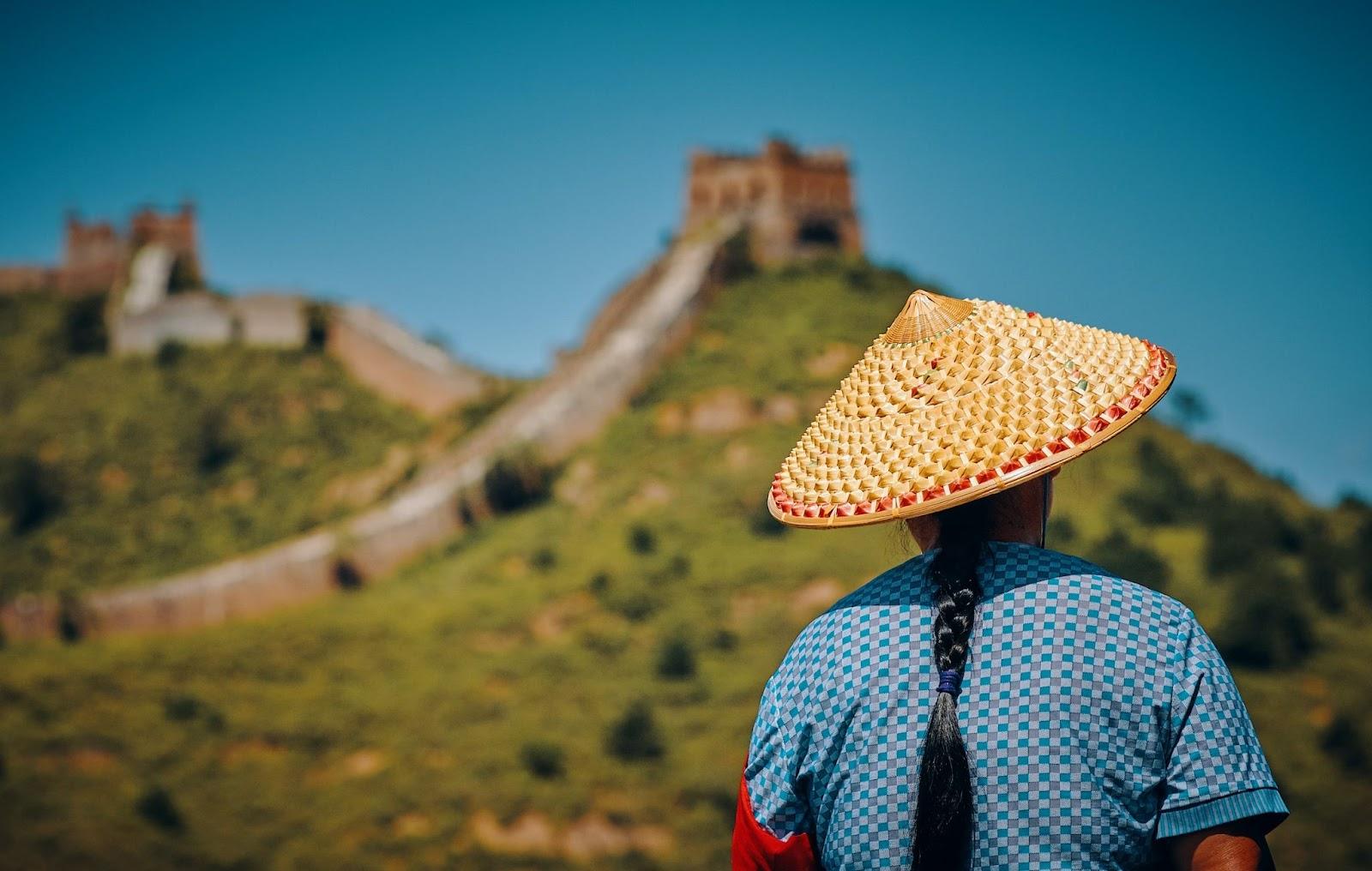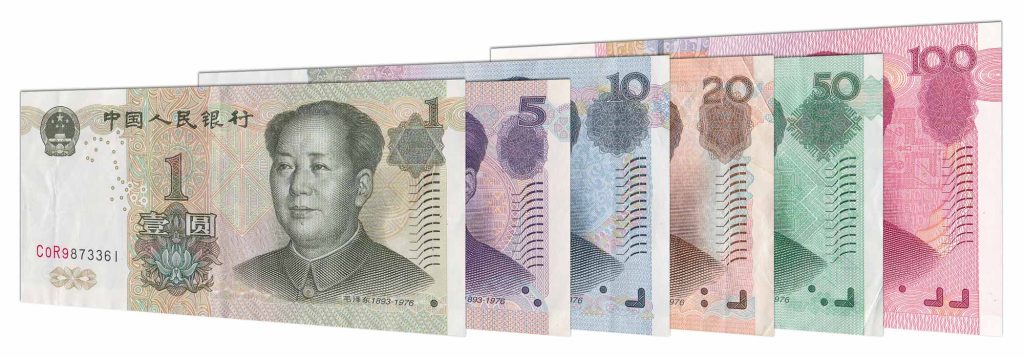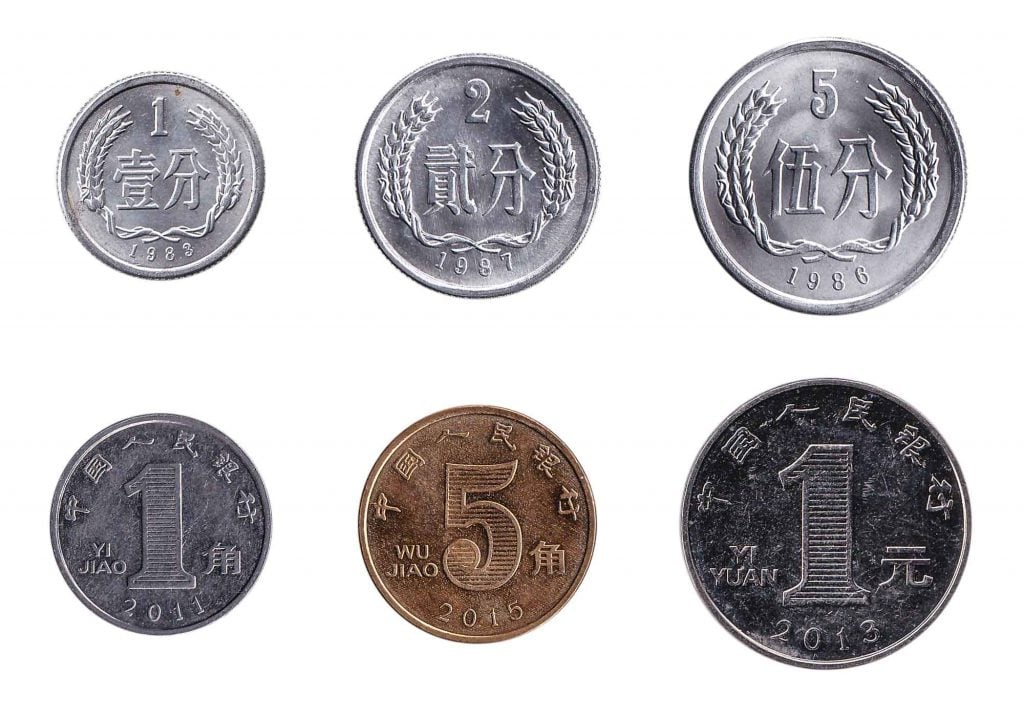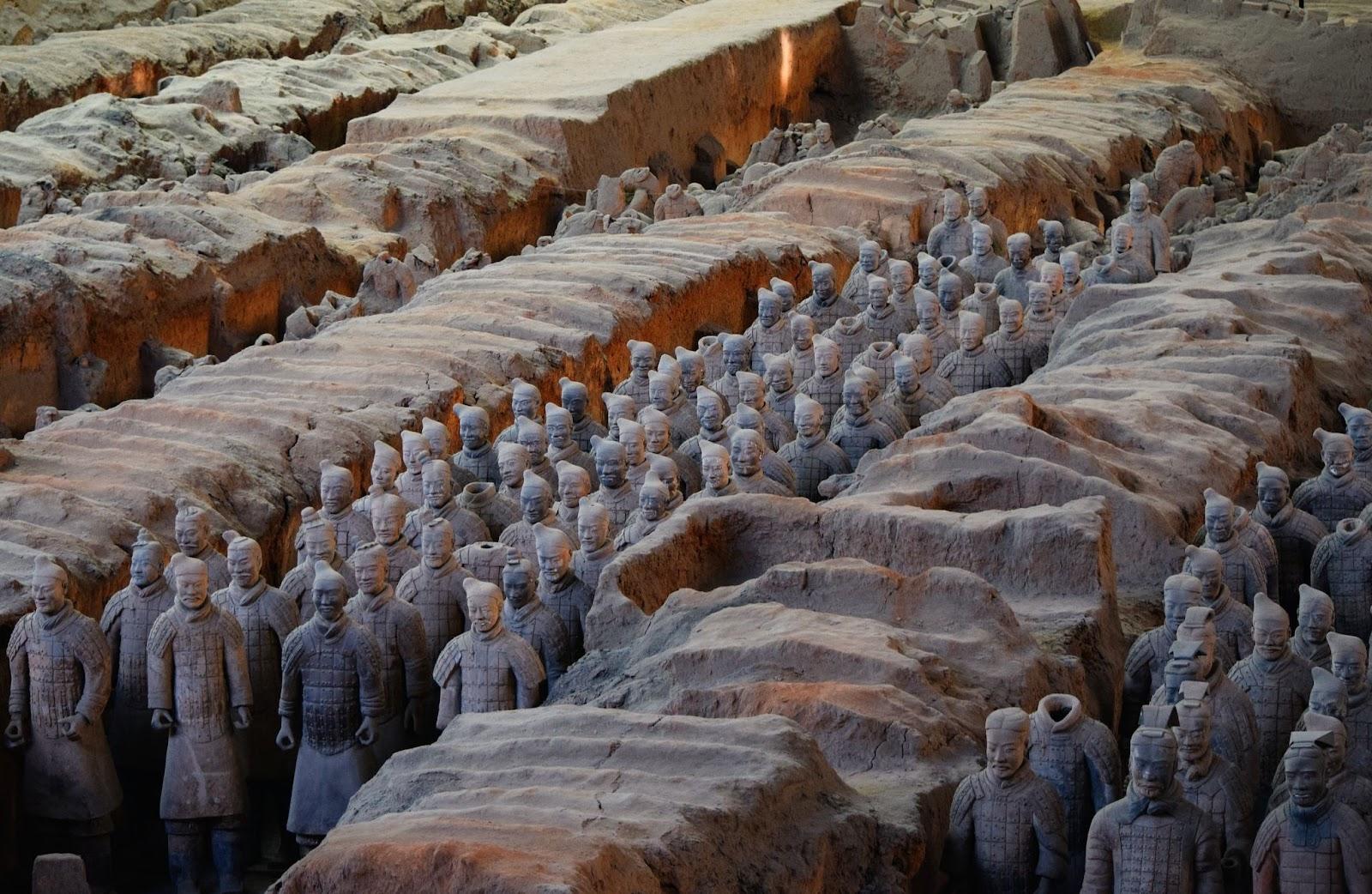 Get
Get
Chinese Yuan Fast!
- Free home delivery over £750
- with Royal Mail Special Delivery 1pm
- Better rates than the banks

Planning a Trip to China?
Gear up for your travel adventure to China. Get the best Chinese yuan (CNY) exchange rates online at Manor FX today.
Benefit from our fantastic exchange rates and get the best deals on your pound to Chinese yuan conversions. You’ll get more Chinese yuan banknotes to enjoy during your trip.
We’ll deliver your Chinese yuan to your home or office. Or choose the convenient option to pick them up from the Manor FX bureau near Heathrow.
With Manor FX, you can count on swift delivery and a fuss-free online ordering process. Don’t miss out on our competitive exchange rates – order now and convert your pound to Chinese yuan effortlessly.
Chinese travel money
Are you prepared to embark on your Chinese adventure? Here’s some valuable information about handling Chinese yuan.
Are Chinese yuan and RMB the same?
Yes, Chinese yuan (CNY) and Renminbi (RMB) are essentially the same currency.
“Renminbi” is the official name of the currency used in China, often abbreviated as RMB.
“Yuan” is the primary unit of currency within the Renminbi.
So, when people refer to the “Chinese yuan,” they are usually talking about the basic unit of the Renminbi.
In everyday conversation, “yuan” and “RMB” are used interchangeably to describe China’s currency.
Can you buy Chinese yuan in UK?
Yes. Chinese yuan is readily available in the UK through our online exchange office.
Our currency exchange platform is a hassle-free way to get the Chinese currency you need for your upcoming trip.
And, for orders over £750, enjoy free delivery. Convert your GBP to Chinese yuan effortlessly for your holiday today!
Can I buy Chinese yuan online?
Yes. You can buy Chinese yuan online and hassle-free. Get the best pound to yuan exchange rates with Manor FX.
Order £750 or more, and we’ll deliver your Chinese yuan to your doorstep for free.
Expect lightning-fast delivery, often arriving the next working day. Alternatively, you can conveniently collect your currency from our bureau de change in Datchet on the same day you order it.
We guarantee better exchange rates than traditional banks, ensuring you get more Chinese yuan for your Pound.
Trust Manor FX for competitive rates when converting GBP to yuan.
Buy your yuan now

Should I exchange money before I travel to China?
Yes, exchanging money before travelling to China is advisable. While you can exchange currency in China, having some local currency on hand when you arrive is more convenient.
This can help cover immediate expenses like transportation and small purchases. It’s a smart way to ensure you have cash available when you land in China and start your journey.
What is the best currency to bring to China?
When travelling to China, the Chinese yuan is the best currency to bring. Some tourist areas and larger hotels may accept US dollars or euros. However, having Chinese yuan on hand is generally more cost-effective and convenient.
Can I use my bank card in China?
Yes, you can use your bank or credit card in China. However, it’s important to note that cash is the preferred method of payment in many places. You’ll need yuan for daily expenses in smaller towns and local markets.
Credit or debit card payments are primarily possible in major cities like Beijing, Shanghai, and Guangzhou. It’s advisable to carry both cash and a card for maximum flexibility.
Quick reminder: Always inform your bank about your travel plans to avoid issues with card usage abroad.

Should I use cash in China?
Absolutely, having some cash on hand in China is super handy. Here’s the deal:
- Chinese yuan is the go-to currency in China. Everywhere accepts cash, from street food vendors to local shops.
- Cash is super helpful for the little things. You’ll need it to buy snacks at local markets or grab a quick bite from street stalls.
- ATMs are everywhere in China’s cities, so you can quickly get more cash if you run low.
- With cash, you won’t have to worry about card fraud. But remember to keep your cash safe and don’t flash around large amounts.
- When converting your home currency to Chinese yuan, keep an eye on the exchange rates. Sometimes, using your card for purchases can give you a better deal.
- You can often use your card for payments in big cities and tourist spots without a hitch.
Having a mix of cash and cards is a good call for your China trip. Cash for the small stuff and cards for more significant expenses.
How much cash should I take to China?
It depends on your travel plans and preferences, but here’s a friendly guide to help you out.
- Start with some local currency. Having a bit of Chinese yuan (CNY) in your pocket is a good idea right from the get-go. Consider bringing around 500-1,000 CNY for immediate expenses like transportation, snacks, and small purchases upon arrival.
- Keep a backup. While cards are widely accepted in urban areas, having some cash on hand is smart. Especially for more remote locations where card payments may not be possible. Another 500-1,000 CNY as a backup should do the trick.
- ATM access: Remember that ATMs are widely available in Chinese cities. You can withdraw more cash as needed during your trip. Ensure your card is okay for international withdrawals, and check with your bank about any fees.
- Souvenirs and bargains: Plan on shopping for souvenirs or love a good haggle in local markets? Then, having extra cash can come in handy. An additional 500-1,000 CNY should cover you for those spontaneous shopping sprees.
- Daily budget: Think about your daily budget and how much you’ll spend on activities, food, and entertainment. This can help you gauge how much cash you’ll need for your stay.
Remember, having a little extra cash is always better than running out. Don’t hesitate to carry more if you’re unsure. And, of course, keep your money safe and secure while you explore the wonders of China!

How does tipping work in China?
Tipping in China is different compared to in Western countries. Here’s a guide to tipping etiquette in China:
- No obligation: Tipping is not common in China, and there’s no obligation to tip in most situations.
- Service charges: Some upscale places add a service charge (around 10%) to the bill. You don’t need to tip extra.
- Tour guides and drivers: Tipping tour guides and drivers is customary on guided tours. Around 50-100 CNY per day per person for guides and 20-50 CNY per day per person for drivers is common.
- Porters: You can tip hotel porters 5-10 CNY per bag.
- Taxi drivers: Tipping is not necessary for taxi drivers; rounding up the fare is convenient.
- Small gifts: Instead of cash, consider offering small gifts from your home country as a token of appreciation.
- Language barrier: Carry small denominations of Chinese yuan (CNY) for easier transactions.
Tipping isn’t the norm in China, but polite gestures and a friendly attitude are always appreciated.
Is China a cheap country to visit?
Absolutely! China offers excellent value for travellers. Here’s the lowdown:
Accommodation
You’ll find various accommodation options that won’t break the bank. From budget-friendly hostels to mid-range hotels, even upscale properties in China are often more affordable than their Western counterparts.
Food
Dining in China is budget-friendly, especially at local eateries and street food stalls. Enjoy delicious traditional dishes like dumplings, noodles, and stir-fries without denting your wallet.
Transportation
Public transportation, including buses and subways, is cost-effective and efficient, making it easy to explore cities and towns. Planning on covering long distances? Domestic flights within China are also relatively affordable.
Sightseeing
Entrance fees to attractions, historical sites, and museums are typically budget-friendly. So you can delve into China’s rich culture and history without overspending.
Shopping
China boasts vibrant markets where you can bargain for souvenirs and local crafts. Prices are generally reasonable, offering unique items to take home as souvenirs.
China is a budget-conscious traveller’s dream, ensuring a fantastic experience without straining your wallet.

Buy your yuan now
Chinese currency
Banknotes in China
Chinese yuan banknotes are available in several denominations. Including 1, 5, 10, 20, 50, and 100 CNY notes, each with distinct colours and designs.
The front of most yuan banknotes features a portrait of Mao Zedong, a significant figure in Chinese history. The designs may vary slightly across denominations.
Yuan banknotes often depict symbols of China’s rich history and culture, such as landmarks, landscapes, and historical events.
Chinese yuan banknotes incorporate watermarks, holograms, and security threads to prevent counterfeiting, making them challenging to replicate.

Coins in China
Traditional Perforated Yuan Coins:
- These are the classic Chinese yuan coins that have been in circulation for many years.
- The perforated feature with a square hole in the centre is a distinctive characteristic of these coins.
- Denominations for these perforated coins commonly include 1 yuan and 5 yuan.
Modern Non-Perforated Yuan Coins:
- In recent years, China has introduced non-perforated yuan coins to modernise its currency.
- These coins do not have a hole in the centre and often feature updated designs.
- Denominations for non-perforated coins can include 1 yuan and 5 yuan, as well as smaller denominations like 1 jiao (equivalent to 0.1 yuan) and 5 jiao (equivalent to 0.5 yuan).
- The non-perforated 1 yuan coin typically features a distinct design, such as a pattern of grains, while the 5 yuan coin may showcase various cultural symbols or scenic landscapes.
Both types of yuan coins are widely accepted for everyday transactions in China.

China’s yuan currency import and export regulations
Import (Bringing CNY into China):
- You can bring up to CNY 20,000 without declaring.
- Declare amounts exceeding CNY 20,000.
Export (Taking CNY out of China):
- You can take up to CNY 20,000 without declaring.
- Declare amounts exceeding CNY 20,000.
- Ensure legal documentation for larger exports.
- Check the destination country’s rules for foreign currency.
Non-compliance may lead to fines or legal actions. Always stay informed and follow regulations.
Exceptions
If you’re travelling to Hong Kong or Macau, you can take CNY 5,000 per person without declaration.
There aren’t any restrictions on taking foreign currency out of China. It’s advisable to check the regulations of your destination country regarding currency imports, though.
Ordering Chinese yuan online
Get the best Chinese yuan exchange rates. Buy Chinese yuan online and enjoy swift and secure delivery to your doorstep or workplace with Royal Mail Special Delivery Guaranteed®.
You can also collect your Chinese yuan from our travel money bureau near Heathrow. Click here to purchase Chinese yuan online today.
Selling back Chinese yuan
If you want to change Chinese yuan into GBP, follow this link to convert Chinese yuan to pound sterling. Click on ‘sell currency’ and select ‘Chinese yuan’. We offer competitive rates for your remaining Chinese yuan.

FAQs
Why does China have 2 currencies?
China doesn’t have 2 currencies.
China’s currency is officially called “Renminbi” (RMB). Think of Renminbi as the big umbrella term.
Inside this currency, the main unit people use every day is called the “yuan” (¥). You can think of the yuan as the smaller part under that umbrella.
When people talk about the “Chinese yuan,” they’re essentially talking about the everyday money they use in China, which is part of the larger Renminbi currency. It’s like saying “bucks” for dollars in the United States.
Can you use yuan in Hong Kong?
No, you cannot use Chinese yuan in Hong Kong. Hong Kong has its own currency, the Hong Kong Dollar (HKD).
While Hong Kong is a part of China, it operates under a separate financial and legal system. This includes having its own currency.
If you visit Hong Kong, you must exchange your Chinese yuan for dollars. Most businesses and establishments in Hong Kong do not accept Chinese yuan.
Are currency names yen and yuan related?
Yes, the currency names “yen” and “yuan” are related, although they are used in different countries and have distinct histories.
- Yen (JPY): The yen is the official currency of Japan. The term “yen” comes from the Japanese word “圓” (pronounced “en”), which means “round” or “circle.” The yen has been Japan’s official currency since the late 19th century.
- Yuan (CNY): The yuan is the official currency of China. The term “yuan” comes from the Chinese word “元” (pronounced “yuán”), which also means “round” or “circle.” The yuan has been China’s official currency for many decades.
While both terms have a similar origin, they are quite distinct. The use of “yen” and “yuan” reflects each nation’s linguistic and cultural characteristics.
Do you need a visa to go to China?
Yes, most travellers need a visa for China. The type and duration of your visa will depend on your purpose of visit. Check with the Chinese embassy or consulate for your specific requirements. Apply in advance to allow for processing time.
What vaccinations are required for China?
Most travellers to China do not need to get specific vaccinations. It’s always a good idea to consult with a doctor before travelling.
Feel the Trustpilot love

Great competitive rates & friendly & helpful staff. Easy to order online & collect in person or delivery.

Great, fast and reliable service would certainly use again for my travel needs, as the rates are the best around!

This amazing company have gone above and beyond in getting a large amount of a rare currency across the pond to Ireland.

Great rates and really responsive, friendly customer support, will definitely be using Manor FX again.

Manor FX gave me a better rate than my bank with great customer service, I highly recommend them.

Family run business that’s always super helpful. Manor FX’s rates are always really good as well!
 Get
Get
Chinese Yuan Fast!
- Free home delivery over £750
- with Royal Mail Special Delivery 1pm
- Better rates than the banks